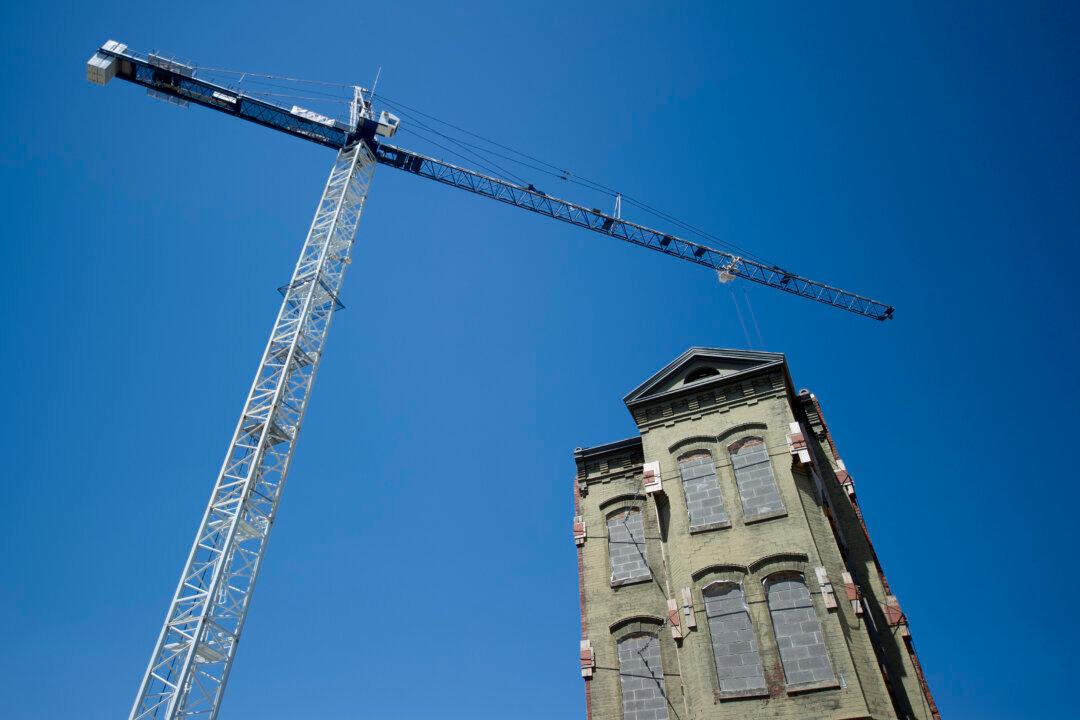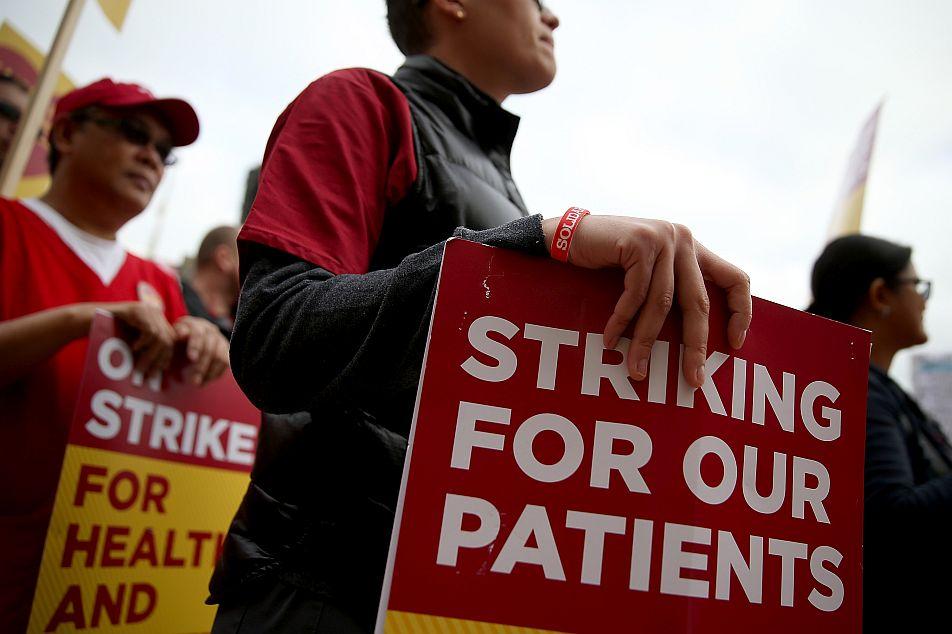For the first time since its existence, the Public Company Accounting Oversight Board (PCAOB) published an inspection report. Although more than two years old, this inspection report covers more than a five-year period of one of the Big Four Accounting firms, in this case, Deloitte Touche Tohmatsu (D&T).
The PCAOB is a not-for-profit corporation created by Congress under the Sarbanes-Oxley Act of 2002 as a watchdog of audits of public companies. The PCAOB is under the control of the Securities and Exchange Commission (SEC).
The Big Four Accounting firms are U.S.-based D&T, KPMG, based in the Netherlands, PricewaterhouseCoopers (PwC), and Ernst & Young, with the latter two based in the United Kingdom.
The PCAOB does not publish certain detrimental findings unless the auditing firm doesn’t address said issues within one year of the report date, although it appears that in the case of D&T, it waited for more than one year.
“Many reports contain nonpublic content. … If a firm fails to satisfactorily address any of the quality control criticisms within 12 months, the portion of the report discussing the particular criticism(s) is made publicly available,” according to the PCAOB’s website.
The former nonpublic section released by the PCAOB in October accused D&T in detail. Among others, D&T failed to question the management of companies it audits concerning discrepancies, as well as had lax reporting procedures. D&T did not obtain necessary audit evidence as required under an audit and didn’t expand testing procedures when necessary.
“These deficiencies may result, in part, from a Firm [D&T] culture that allows, or tolerates, audit approaches that do not consistently emphasize the need for an appropriate level of critical analysis and collection of objective evidence, and that rely largely on management representations,” said the PCAOB report, without naming specific clients.
Additionally, D&T’s foreign affiliates violate the auditor’s independence requirement, which falls under the conflict of interest principle, a charge that has been leveled against auditing firms for many years, given that they not only audit companies, but also provide consulting services.
The PCAOB also faulted D&T for not having established a formal process that would allow it to monitor its foreign affiliates.
“The Firm’s [D&T] policies and procedures regarding independence with respect to foreign affiliated firms appear to be deficient. … The Firm has no formal system in place to monitor the services,” according to the PCAOB report.
D&T, in an April 2008 response to the PCAOB, as well as to requests for information from the media, said that its auditors performed as required under established auditing standards and had confidence in the audit quality of its auditing staff.
“D&T is committed to the highest standards of audit quality. We continually monitor the
systems and processes for our audit practice, including quality control,” D&T said in its response to the PCAOB.
In its response, D&T lectured the PCAOB concerning the interpretation of professional judgment stating, “Professional judgments of reasonable and highly competent people may differ as to the nature and extent of necessary auditing procedures, conclusions reached and required documentation. We believe that reasonable judgments should not be second guessed and therefore disagree with a number of comments as indicated below.”
D&T Mired in Adversity
“The Commission today [Sept. 8] filed a subpoena enforcement action against Deloitte Touche Tohmatsu CPA Ltd. for failing to produce documents related to the SEC’s investigation into possible fraud by the Shanghai-based public accounting firm’s longtime client Longtop Financial Technologies Limited,” stated the SEC in a Commission announcement on its website.
On May 27, the SEC issued a subpoena ordering D&T’s China affiliate, D&T Shanghai, to submit certain documents by July 8.
On Sept. 8, the SEC filed another subpoena enforcement action against D&T CPA Ltd., relating to documents held by its Shanghai firm. The SEC charged possible fraud by the Shanghai-based D&T affiliate’s former client, Hong Kong-based Longtop Financial Technologies Limited, a financial software company.
D&T resigned as Longtop’s auditor on May 22 due to interference in the audit process by the company’s staff.
At issue are the Chinese regime’s laws on disclosing information. China’s regime prohibits inspection of Chinese firms’ financial statements by American regulators, claiming that they are state secrets, as they contain information about the country’s economy and social development.
Any Chinese-based affiliate of an international accounting firm auditing statements of companies that sell stock in international markets are between a rock and a hard place. If they comply with the SEC subpoena and provide documents, they may face long prison terms in China; if they don’t comply with the SEC order, they may face long and drawn out legal ramifications.
“Compliance with an SEC subpoena is not an option, it is a legal obligation. … Subpoena recipients who refuse to comply should expect serious legal consequences,” said Robert Khuzami, director of the SEC’s Division of Enforcement, in a September SEC press release.
In response, the Chinese regime’s financial regulators called the Big Four accounting firms to the table, demanding they provide all the documentation they provided to foreign regulators, according to an exclusive article published by Reuters on Oct. 19.
Reuters suggests that the most likely reason behind the Chinese regime’s demand is that China’s regulators are developing homegrown auditors who could compete with or replace the Big Four accounting firms inside and outside of China.
Next...Taking the Offensive
Taking the Offensive
The PCAOB published an alert on audit risk in emerging market countries where it is prohibited from inspecting auditing companies.
“While this practice alert is for auditors, it also is a good reminder to investors and audit committees of the heightened fraud risk found in some emerging market companies that trade on U.S. exchanges, especially those in countries where the PCAOB is blocked from conducting inspections of auditors’ work,” said James R. Doty, chairman at the PCAOB, in an October press release.
U.S. auditing firms have, when performing audits in foreign markets, handed over the audit work to a foreign auditing company without disclosing this fact. The PCAOB has requested public comment on requiring auditing firms to disclose the name of the firm that did the actual audit.
“This proposal would increase transparency of public company audits by providing investors with information about certain key participants in the audit,” said Doty in an October announcement on the PCAOB’s website.
China’s regime has prohibited the PCAOB from inspecting China-based auditing firms that perform audits of firms traded on the U.S. stock exchanges. The PCAOB met with staff from China’s Ministry of Finance about mid-year. To date, there are no agreements that would allow the PCAOB to inspect auditing firms in China.
“As has been widely reported, the PCAOB remains unable to inspect registered firms that perform or participate in U.S. audits but reside in China. … The PCAOB is looking harder at how U.S. firms get comfortable that they can rely on the work of affiliates in countries that have resisted inspection,” said Doty during an Oct. 14 symposium in Dallas, Texas, published on the PCAOB website.



